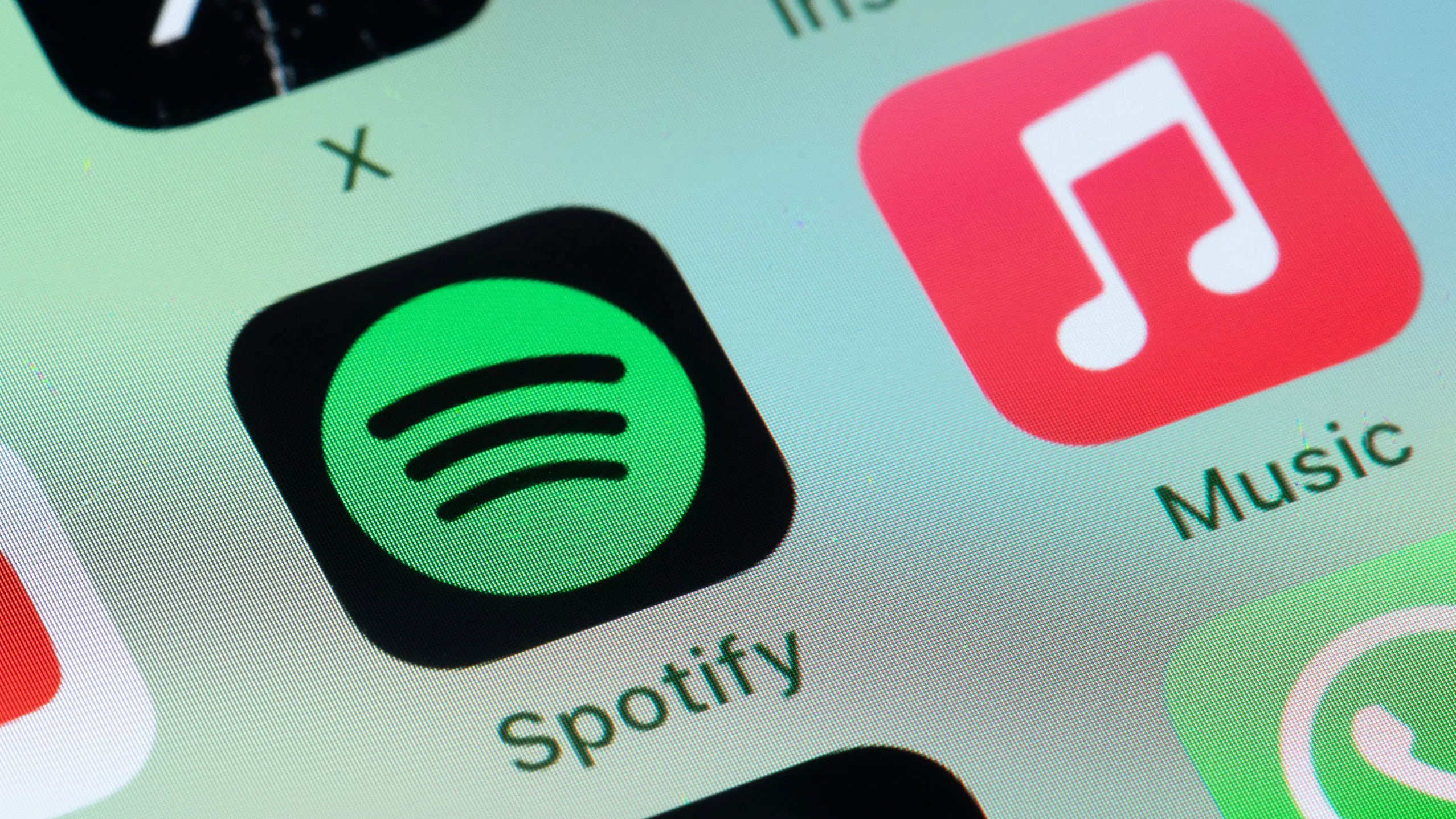
The European Union has imposed a $2 billion fine against Apple, sparking a major controversy over competition, innovation, and equity in the digital economy. This fine is rooted in Apple’s App Store policies, criticized for hindering competition, especially in the digital music streaming market. At the core of this issue is a complaint from Spotify, the world’s top music streaming service, alleging that Apple engages in anti-competitive practices to favor its services over competitors.
Background of the Dispute
The European Union’s $2 billion fine on Apple stems from a dispute triggered by Spotify complaint about Apple’s in-app purchase system, which mandates that digital goods and services sold within apps on iOS devices use Apple’s own payment system. Apple then collects a commission of up to 30% on these transactions. Spotify’s contention, which led to the EU’s investigation, is that this policy unfairly limits third-party developers’ ability to direct users to alternative, often cheaper, subscription options outside of the app, effectively locking them into a higher fee structure and putting them at a competitive disadvantage.
The European Commission, acting as the executive arm responsible for enforcing competition law within the EU, concluded that Apple’s actions constitute anti-competitive behavior. By preventing developers from informing users of alternative purchasing options, Apple not only limits consumer choice but also prevents developers from bypassing Apple’s hefty commissions, leading to higher prices for consumers and less competition within the digital market.
Apple’s Response to the Fine
Apple’s reaction to the EU’s decision was swift and pointed. Through a detailed statement, the tech giant not only announced its intention to appeal the decision but also took the opportunity to criticize Spotify for its role in instigating the investigation. Apple’s argument hinges on several key points:
- Spotify’s Market Dominance: Apple highlighted Spotify’s significant presence in the European digital music streaming market, where it holds a 56% market share, more than double that of its closest competitors. Apple suggests that Spotify’s complaint is not rooted in a fight for fairness but in a desire to further cement its dominant market position without contributing financially to the ecosystem that facilitated its growth.
- Apple’s Support for Spotify: Apple outlined the numerous ways in which it has supported Spotify’s app on iOS devices, from ensuring compatibility with Apple services (like Siri, CarPlay, and Apple Watch) to services (including expedited app review processes and access to over 250,000 APIs). Apple emphasized that Spotify has benefited from its technology and user trust, accruing over 119 billion downloads and updates on Apple devices, without paying Apple for these advantages.
- Dispute Over Payment Systems: Central to Apple’s defense is the assertion that Spotify seeks to refrain from the App Store’s established revenue-sharing model. While Apple allows developers to link to external websites for account management—a policy known as the “reader rule”—Spotify, according to Apple, has not availed itself of this option. Instead, Spotify aims to incorporate direct subscription payments within its iOS app, circumventing Apple’s payment system and, by extension, the fees associated with it.
Implications for the Digital Economy
The fine imposed by the European Union on Apple, along with the ongoing dispute with Spotify, highlights the ongoing challenges in the digital economy. This situation sheds light on the clash between innovation, market power, and the principles of open competition and equal access. It demonstrates the difficulties regulators encounter in overseeing digital markets to keep them both competitive and fair, without hindering innovation or discouraging investments in platform development.
As Apple prepares to appeal the European Commission’s decision, the tech industry and regulatory bodies around the world will be watching closely. The results of this case might significantly influence the management of digital marketplaces, how competition is defined and enforced in the digital age, and how entities like Apple and Spotify navigate the fine line between collaboration and competition.
This dispute goes beyond just a fine or the specifics of app store policies; it concerns the future direction of digital economies, the importance of regulatory measures in promoting fair competition, and the strategies companies employ to coexist within the fast-changing digital landscapes. Regardless of the outcome, this case is poised to become a key reference point in the broader conversation about digital market regulation, competition policies, and the distribution of power within the tech industry.
Related News:
Featured Image courtesy of hocus-focus/Getty Images
